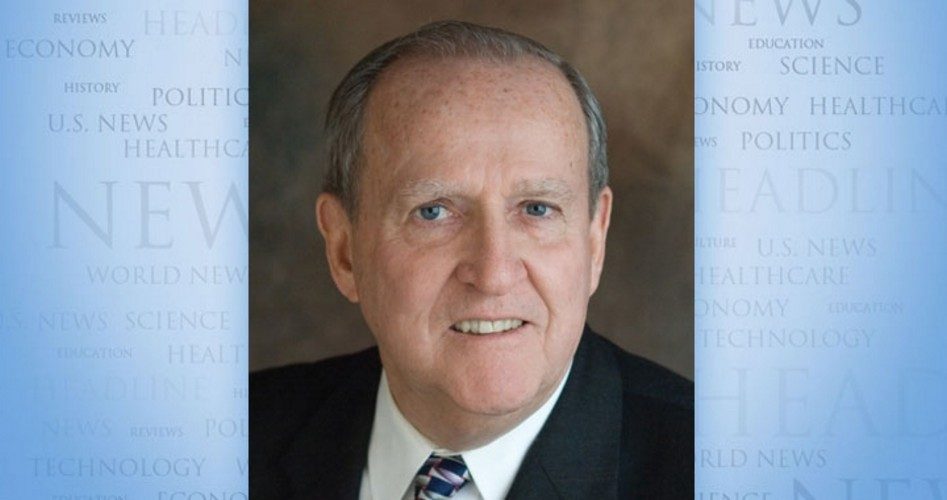
Born in 1913, the Federal Reserve is now more than 100 years old. In its century of existence, it has presided over the loss of the dollar’s purchasing power from 100 cents to two cents. It has also bailed out banks and industries here in America and in foreign lands. But it has never been subjected to a real audit. So, members of both Houses of Congress have introduced legislation to have the Fed open its books and submit to a thorough scrutiny conducted by the Comptroller General of the United States.
Fed officials contend that such an examination will impair its independence, as if the management of the nation’s economic life and its currency should be free of inspection by the people’s representatives. And, of course, no Fed official wants the public to know that The Communist Manifesto called for what the Fed truly is — a key step among the ten listed by Marx to take control of any nation. Marx wrote in 1848 of the need for “Centralization of credit in the hands of the State, by means of a national bank with State capital and an exclusive monopoly.” That’s what the Fed is, with the exception that it is not in the hands of the State, it is privately owned, a step beyond what Marx called for.
In 2012 and 2014, members of the U.S. House voted overwhelmingly (more than 300 each time) to have an audit conducted. But the Senate, in the hands of then-Majority Leader Harry Reid (D-Nev.), whose office gave him power to refuse consideration of what he did not want, never voted on a similar measure because Reid blocked it. Past attempts to have an audit conducted died courtesy of Reid. But the new Senate Majority Leader is Mitch McConnell (R-Ky.) and he is one of 30 senators who have already co-sponsored S. 264, a measure calling for the audit.
The House is again expected to pass the call for an audit as proposed in H.R. 24. Senators should be contacted to persuade them to add their names to the list of co-sponsors for S. 264, the companion measure in the Senate. If both Houses agree that an audit should be conducted, the measure will go to the president who is expected to veto it. Then it goes back to both Houses of Congress where two-thirds approval in each House can override the presidential veto.
As evidenced by Fed Chairman Janet Yellen’s recent action, Fed officials are fearful of any audit. She took the unusual step of travelling to the Senate to urge friendly senators to block passage of S. 264. As usual, she insisted that the Fed should remain independent of scrutiny. Let us hope that enough senators see through that absurdity and cast their vote accordingly.
Americans can expect to see prominent economists speak out against the needed audit. Many Ph.D.s in this field are already on the Fed’s payroll, either as full employees or consultants. The amount of money doled out to them should also become known in order to show that their favoring of the Fed’s vaunted “independence” has been bought.
An honest audit of the Fed could lead to its eventual demise and the return in America to real money backed by a commodity, not paper money backed by nothing. And that would signal the beginning for America of economic vitality and strengthened independence.
Interested readers should contact their state’s two senators and request passage of S. 264.
John F. McManus is president of The John Birch Society and publisher of The New American. This column appeared originally at the insideJBS blog and is reprinted here with permission.



